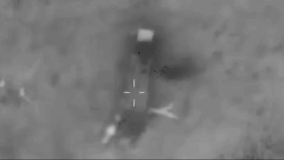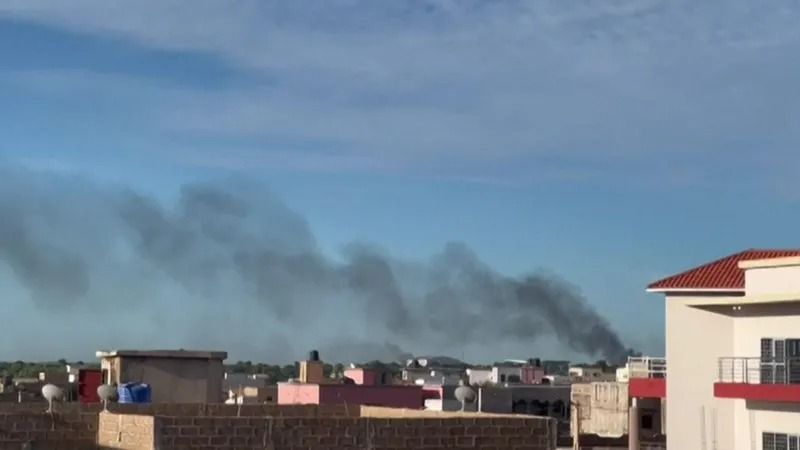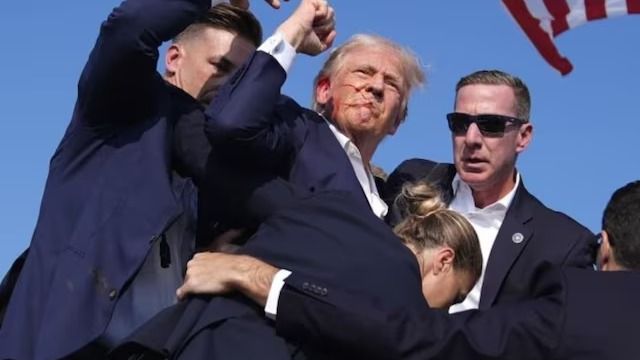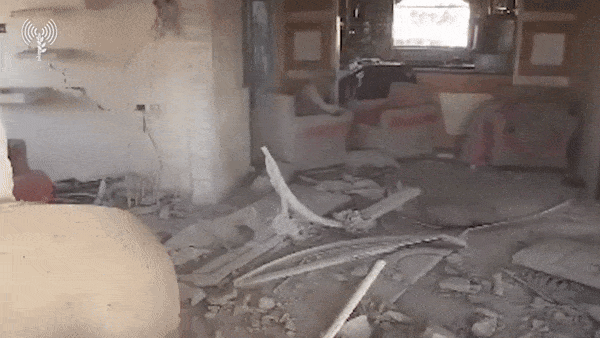Israeli Prime Minister Benjamin Netanyahu on Thursday rejected Lebanon’s truce deal. On the United States, European Union, and other allies including several Arab states’ joint call for a 21-day ceasefire in Lebanon after Israeli air strikes on Hezbollah killed hundreds, Netanyahu’s ministers stated, “It is an American-French proposal, which the prime minister has not even responded to.”
Netanyahu is currently en route to the United Nations General Assembly in New York.
The joint call for a cease-fire aims to facilitate negotiations amid a rapidly worsening conflict that has resulted in over 600 fatalities in Lebanon in recent days.
However, Israel’s acting Prime Minister, Foreign Minister Israel Katz, firmly rejected the proposal, stating, “There will be no cease-fire in the north. We will continue our operations with full force until victory and ensure the safe return of tens of thousands of Israeli citizens evacuated from their homes.”
Meanwhile, the Israeli military is intensifying its airstrikes on Hezbollah positions, reaffirming its commitment to combatting the militant group.
US and allies’ call for a 21-day cease-fire between Israel and Hezbollah
The joint statement, negotiated on the sidelines of the U.N. General Assembly in New York, says the recent fighting is “intolerable and presents an unacceptable risk of a broader regional escalation.”
“We call for an immediate 21-day cease-fire across the Lebanon-Israel border to provide space for diplomacy,” the statement said. “We call on all parties, including the governments of Israel and Lebanon, to endorse the temporary cease-fire immediately.”
There was no immediate reaction from the Israeli or Lebanese governments — or Hezbollah — but senior U.S. officials said all parties were aware of the call for a cease-fire. Earlier, representatives for Israel and Lebanon reiterated their support for a U.N. resolution that ended the 2006 war between Israel and the Iranian-backed militant group.
The U.S. hopes the new deal could lead to longer-term stability along the border between Israel and Lebanon. Months of Israeli and Hezbollah exchanges of fire have driven tens of thousands of people from their homes, and escalated attacks over the past week have rekindled fears of a broader war in the Middle East.
The U.S. officials said Hezbollah would not be a signatory to the cease-fire but believed the Lebanese government would coordinate its acceptance with the group. They said they expected Israel to “welcome” the proposal and perhaps formally accept it when Israeli Prime Minister Benjamin Netanyahu speaks at the General Assembly on Friday.
While the deal applies only to the Israel-Lebanon border, the U.S. officials said they were looking to use a three-week pause in fighting to restart stalled negotiations for a cease-fire and hostage release deal between Israel and Hamas, another Iranian-backed militant group, after nearly a year of war in Gaza.
Netanyahu Rejects Lebanon Truce Deal, Ministers Say ‘No’ to US-France Mediation world-news World News | Latest International News | Global World News | World News Today




